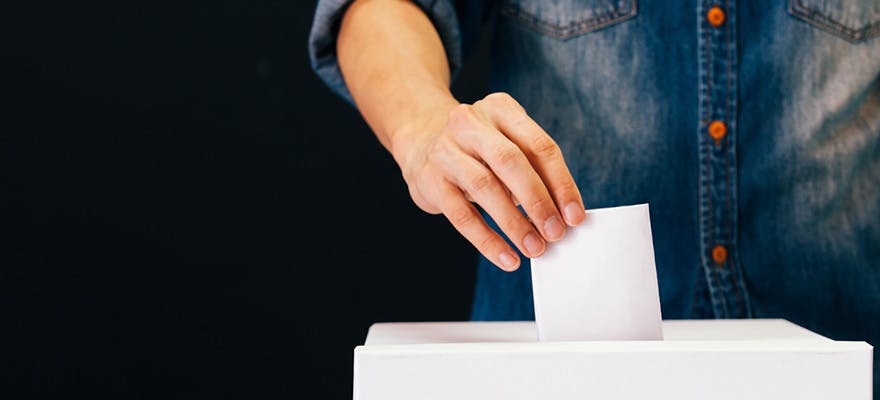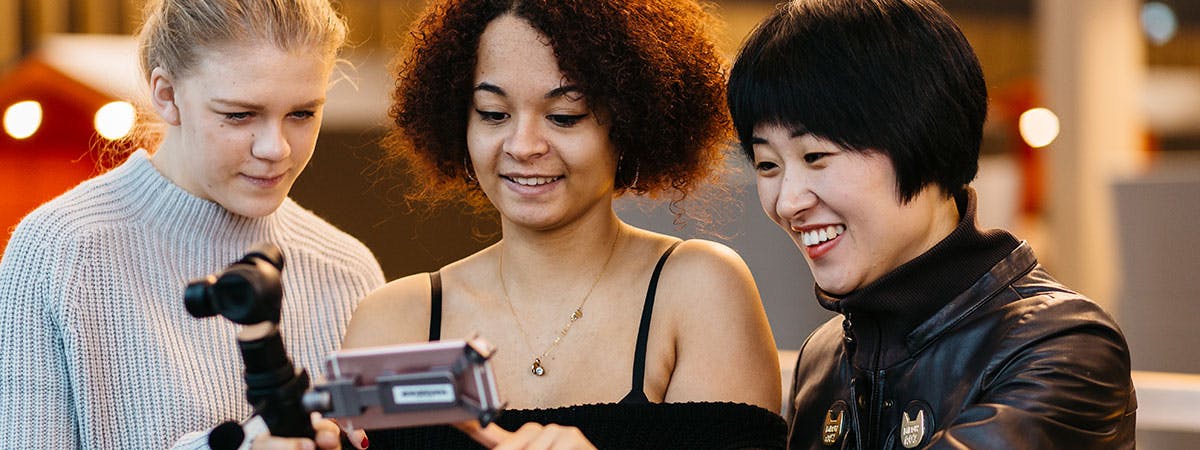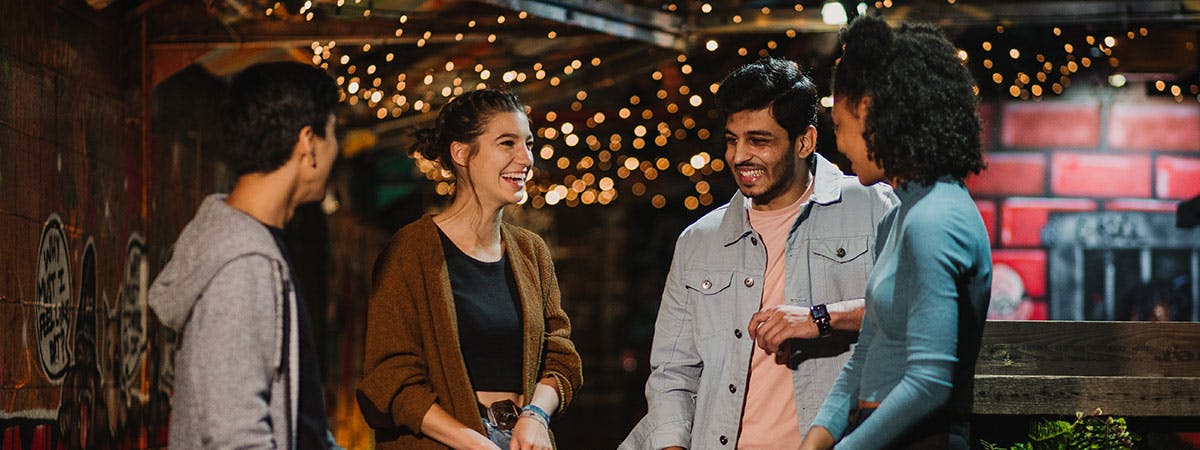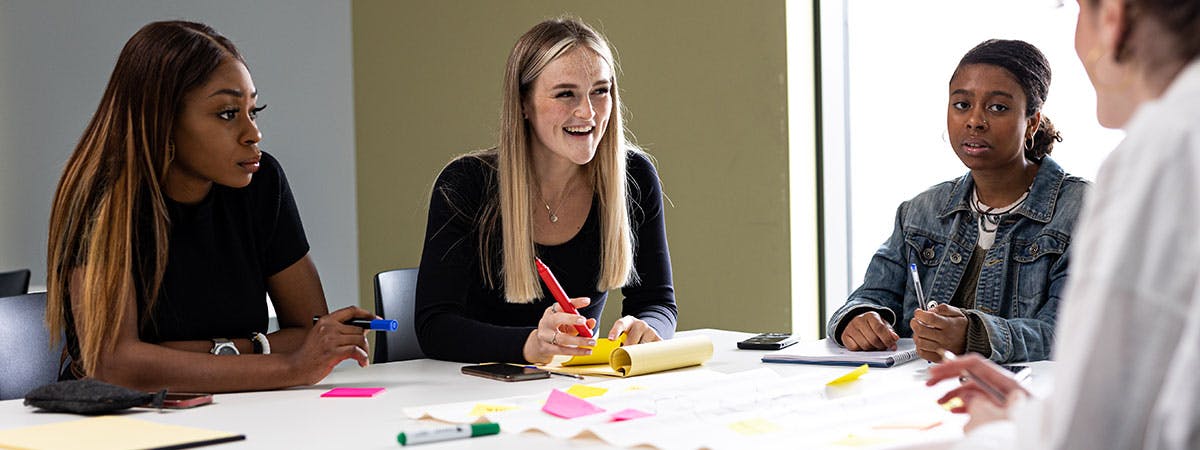First time voting? Not sure what you're *actually* meant to do, how you're meant to vote, or what anything means? Try our handy guide!
1. When is the General Election?
The UK's General Election will take place on Thursday 12 December, 2019. You can vote at your polling station between 7am and 10pm.
2. How do you vote?
There are three ways to vote:
- In person. If you've registered, you'll receive a polling card that will tell you where your polling station is - head there on voting day to have your say. You'll just need to wait in line, get yourself ticked off on a list, then mark off who you want to vote for in a private voting area. Don't show your vote to anyone as it could count as vote tampering. The deadline to register to vote is 26 November.
- Postal vote. If you're living at uni and decided you wanted to vote in your home constituency, rather than your uni one, then you may well have registered for a postal vote. You will have received a form that you will fill out with your vote, then send it back to the address supplied. This form needs to have been received by 10pm on 12 December to be counted, so make sure you send it well in advance! The deadline to register for a postal vote is 26 November.
- Proxy vote. If you don't want to send off a postal vote, you can nominate someone to vote for you in your place. make sure this is someone you trust, like a family member or close friend, who will definitely cast the vote that you have asked for. The deadline to register for a proxy vote is 5 December.
3. Why you should vote
Voting in an election is your chance to have your say on what you think the government should focus on. If you don't vote, your voice won't be heard - every vote counts, so never think 'it won't make a difference if I don't bother'; this is DEFINITELY not true. You're voting for what you think is important for the country and for your future, so do your research to work out what you want to vote for.
A big thing to keep in mind is the infamous 'fake news'. Try not to take everyone's promises on their word - ask how they will accomplish what they're setting out to do, and whether they are twisting the truth to undermine a rival's campaign. Social media, the papers and the news can all have their own biases, so try to find sources you trust, or read around a topic to make your own opinions.

4. Who can you vote for?
The main two parties in the UK are Labour and the Conservatives. The Conservatives are currently in power. Other big parties you may have seen campaigning at the moment are the Liberal Democrats, The Brexit Party, The Green Party, Democratic Unionist Party, Plaid Cymru, Scottish National Party, and Sinn Féin. Make sure you take a look at their manifestos, and what their top priorities are for the country and how this will affect you.
5. When will we find out the results of the General Election?
This depends on when all the votes are counted, but results will start to be announced as and when they are finalised. We should know who the Prime Minister is by early morning on Friday 13 December.



